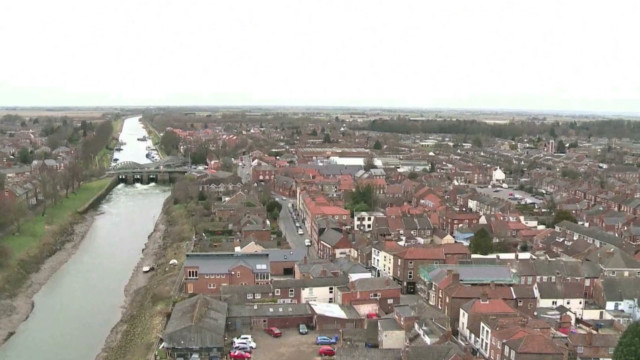Britain’s new Prime Minister, Theresa May, said the vote to leave the European Union meant that the British people wanted to reduce immigration, but it has already caused uncertainties for East Europeans living in the U.K.
CCTV’s Richard Bestic reports.

Boston on England’s East coast, had more than 75 percent of residents voted to quit the European Union, many of whom are overwhelmed by an influx of Eastern Europeans, as they put pressure on housing, schools and the health service.
As Theresa May laid the foundations for those talks with a European tour, she was sensitive to the alarm a divisive Brexit had caused among the UK’s estimated 800,000 Poles.
“I understand that Poles currently living in the UK want to know whether they will retain their rights once the U.K. leaves the EU. I want, and expect, to be able to guarantee their rights in the U.K. The only circumstances in which that would not be possible would be if the rights of British citizens living across the EU were not guaranteed,” Theresa May said.
Reduced access to Eastern European labors could also have a wider post-Brexit impact on Britain’s economy. People are fearing that an end to Freedom of Movement could slow the building of homes, which has been already falling behind demand. Agricultural labor, dominated by Eastern Europeans in some regions, are concerning about bringing in the harvest.
British expatriates look for jobs abroad amid Brexit impact
As questions remain over what the Brexit vote will mean for the U.K. economy in the long-run, some are searching for opportunities elsewhere. One job hunting site said the United States is looking increasingly appealing.
CCTV America’s William Denselow reported.

The fallout from Brexit has left Brits with plenty to discuss. This monthly gathering of ex-pats in New York provides an opportunity to reflect on how the vote could affect them.
Tara Sinclair, chief economist of a job-hunting site, Indeed, said the number of UK-based job searches to the U.S. spiked 70 percent in the 24 hours after the Brexit vote was announced.
“With a strong growing labor market here in the U.S. suggests there is going to be more opportunities coming down the line, whereas people are concerned that with the Brexit vote, it may be a drag on the economy overall in the UK and possibility extending into the rest of Europe,” Sinclair said.
Indeed said some of the most popular U.S. job searches are for high-skilled positions in industries like tech and healthcare. But some economists are skeptical there will be a dramatic number of Brits crossing the pond.
But some financial analysts say it’s too early to tell how Brexit will impact the global economy.
 CGTN America
CGTN America

